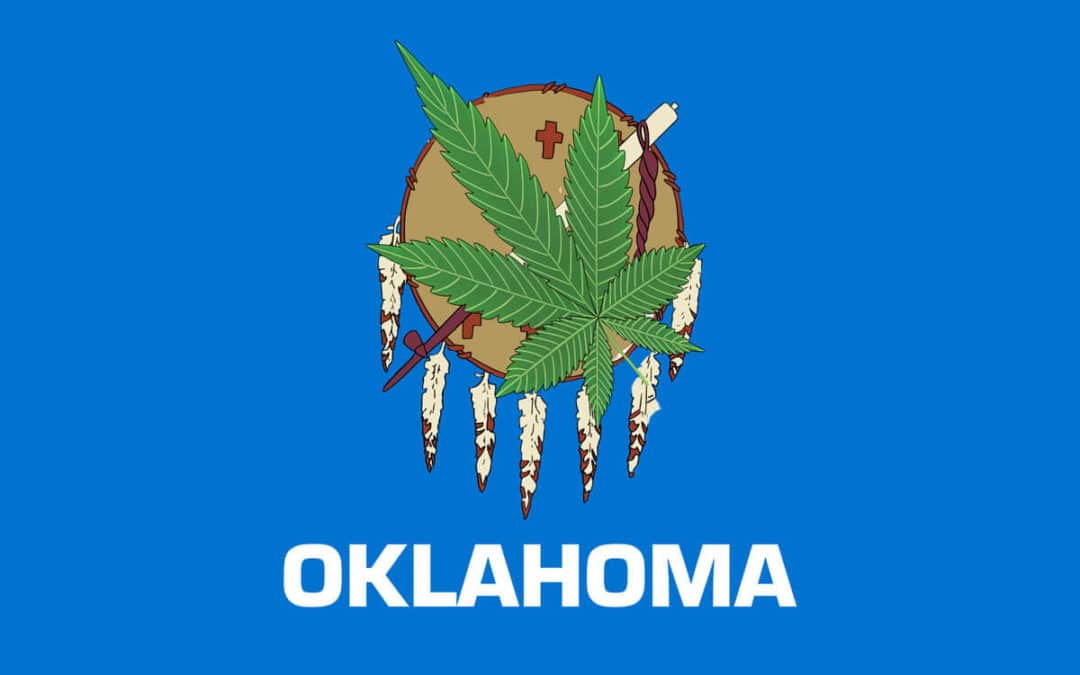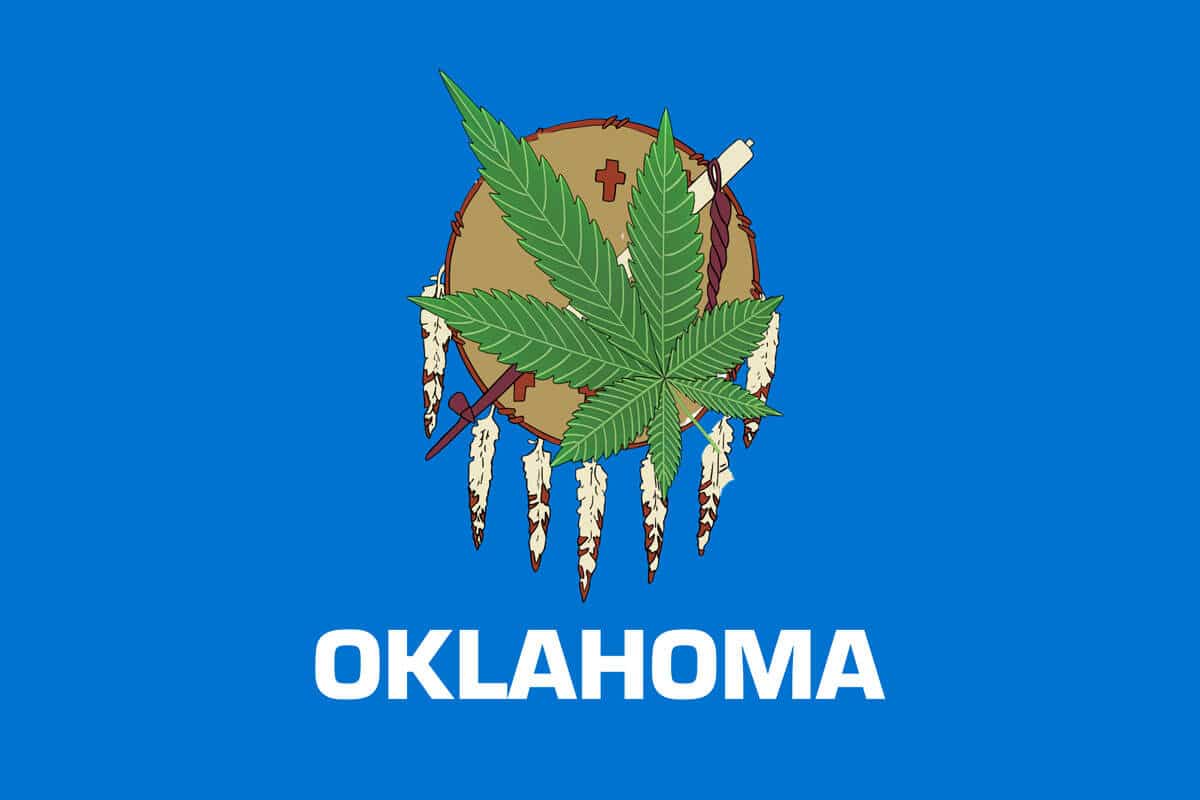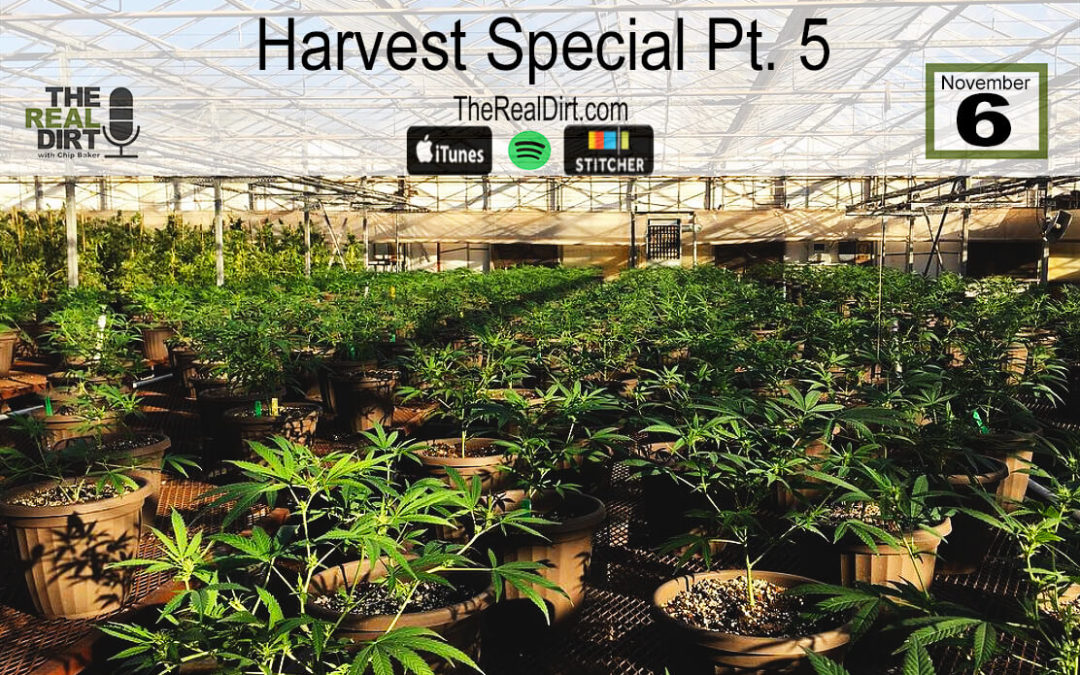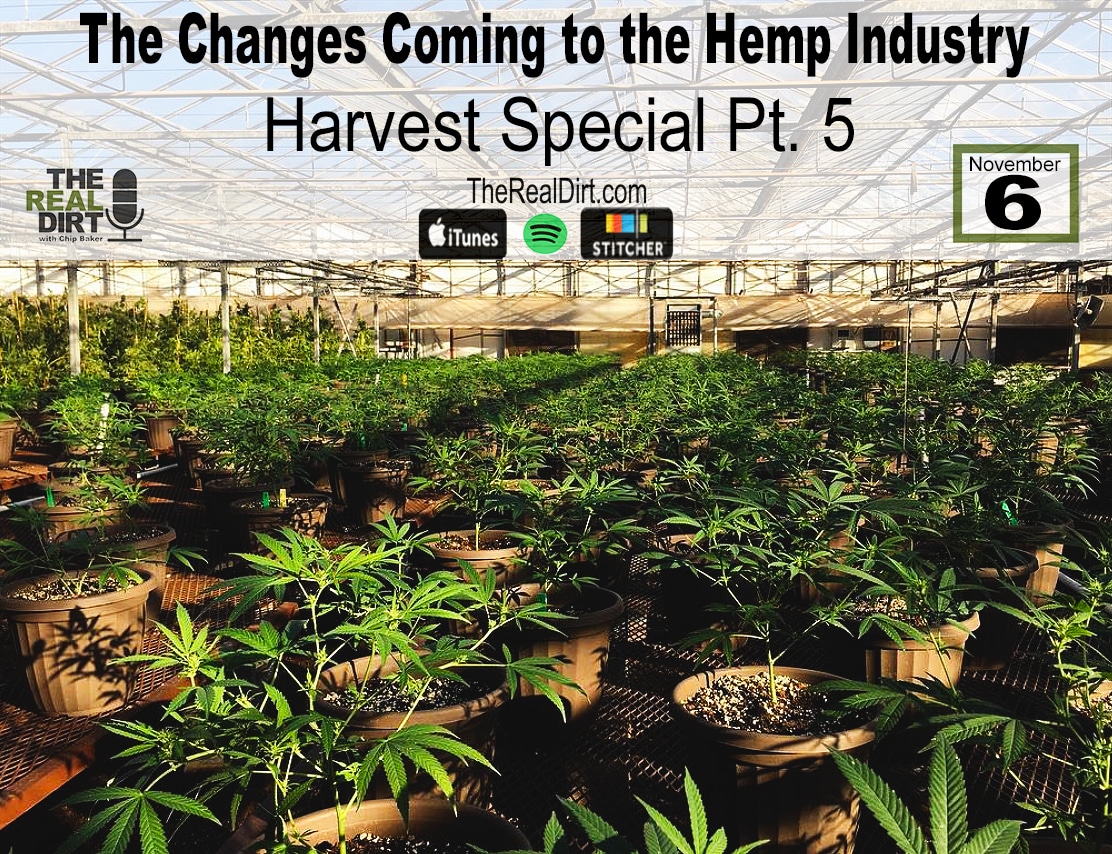
The Hemp Industry in Oklahoma: What you need to know

The Oklahoma Industrial Hemp Agricultural Pilot Program is taking off. There’s some important laws and rules to know so you don’t get left behind.
Oklahoma’s Industrial Hemp Pilot Program allows universities and institutes of higher education to work with Oklahoma farmers to cultivate certified hemp seed for research purposes. The state defines industrial hemp as “the plant Cannabis Sativa L. and any part of such plant, whether growing or not, with a delta-9 tetrahydrocannabinol concentration of not more than 0.3% on a dry weight basis.”
So already, Oklahoma has some serious restrictions on who can grow industrial hemp. But because they are still within the federal law put forward by The Farm Bill, they don’t need to change it.
Industrial Hemp in Oklahoma
Industrial hemp grown pursuant to the Oklahoma Industrial Hemp Pilot Program is excluded from the definition of “marijuana” in the state’s Uniform Controlled Dangerous Substances Act. The definition of marijuana also expressly excludes CBD derived from the mature stalks (including cannabidiol [CBD] derived from the fiber, oil, or cake of the mature stalks), of the cannabis plant.
At this time, it is not clear whether CBD produced from industrial hemp flower would qualify as “industrial hemp” and therefore be excluded from the state’s definition of marijuana, or whether CBD must be produced from the mature stalks of the cannabis plant (both marijuana and hemp) to be exempt from the definition of marijuana.
This mish-mash of laws is going to make it difficult for those trying to enter the legal hemp and CBD industries in the state. It seems to be a grey area regarding where CBD can be derived from, with no clear “yes or no” answer on deriving it from the actual hemp flower. People can get away with a lot of things in grey markets, you just need to be willing to take that risk.
Selling Hemp in Oklahoma
On February 19, 2019, the Oklahoma State Department of Health issued an announcement stating that businesses that manufacture or sell food products containing CBD are required by state law to obtain a food license. The agency indicated that it would give businesses until April 26, 2019 to comply with the law before initiating further action.
Suffice to say, if you are manufacturing or selling CBD edibles or other food products and don’t have your license already, you could be in some trouble. While commercial sales are permitted in Oklahoma, a product-specific legal analysis should be undertaken to fully understand the risks of operation in the state for your product.
More information on the rules regarding hemp sales and manufacturing can be found on the Oklahoma Agriculture, Food and Forestry website.
Be Prepared
It is important to keep in mind that Oklahoma hemp laws are different from the federal law. It doesn’t matter if you abide by federal law to the tee in Oklahoma, you can still get in trouble if you don’t go through the proper application process to join the Pilot Program.
Another aspect of cannabis industries (including hemp) is that they are mostly new. Each state establishes their own laws surrounding hemp, and those laws can change. Under those laws could be additional regulations that also change over time.
As a business owner in the hemp industry, you need to be able to adjust your business to meet these new regulations, sometimes on short, strict deadlines. However, Oklahoma is starting off on the right track. Regulations should loosen over the next year or two as more is learned about hemp’s potential, and more opportunities will be opened to the general public to enter the industry.
Ready to apply? Here’s the link to the application.
Learn more about the legal hemp industry, the laws surrounding it and the economic opportunities that are available on The Real Dirt Podcast, featuring Shawn Hauser and Andrew Livingston from Vicente Sederberg LLC. Shawn is the head of V.S.’s Hemp Division, and Andrew is the Director of Economics and Research for the firm.
Get exclusive legal advice that would costs thousands anywhere else, only on The Real Dirt.








